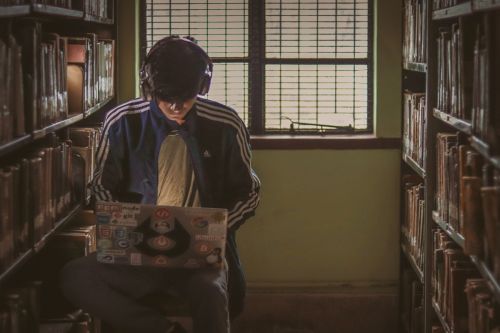
Accused of cheating on a test, told you are being flagged for plagiarism, or are you facing academic dishonesty charges for falsification of work? Whatever the term your school uses – you’ve been accused of cheating and the consequences can be severe.Being accused of cheating in school is a serious accusation. A school can expel a student for cheating. This expulsion will have long-lasting consequences. Some jobs, including some government jobs, specifically ask if you’ve even been found guilty of cheating in school. Law students applying to their state bars will find a question about academic misconduct on the bar application.
So what do you if accused of cheating?
Hire an education lawyer to assist you. The stakes are just too high not to have professional help.
What are the consequences for cheating in college?
- Failing the class – If the school believes you cheated, even just once, you can receive an automatic F. The failing grade depends on the severity of cheating. The school or a professor can give an F for just the assignment if it was a mistake. However, if the school feels it is a repeated or particularly serious offense, a failing grade for the entire course will be given. Worse yet, some schools will code your transcripts to indicate that the F you received was due to academic dishonesty.
- Suspension or Expulsion – All schools have a handbook that lays out all of the school’s rules, requirements and policies. Colleges view cheating and plagiarism as very serious offenses. Just one accusation or finding of cheating can lead to suspension or expulsion.
Suspension – In addition to being suspended for one or more semesters, a student will normally be placed on academic probation for a semester or the remainder of time at school. A college can place extra monitoring on the students submissions to ensure that no further cheating or plagiarism took place.
Expulsion – If a student engages in cheating and the school views the act as serious, a student can be permanently expelled.
- Your Reputation – If a student is expelled or suspended from a school, this must be disclosed to other schools and professional boards in the future. This means that your academic and professional career can be seriously impacted. Every other college a student applies for will ask if there has been any academic violations, and the student’s transcript can be noted as dismissed for an academic violation.
Being accused of any type of academic dishonesty is one of the most serious things that can happen to a student. There is an academic hearing and appeals process that a student will go through prior to suspension or expulsion. Hire a lawyer to assist you through this process. It can make all the difference when your future is at risk.You can also read my blog post aboutcheating here and plagiarism here. Click to read about what to do if a professor accuses you of cheating or plagiarism here. Click here to read our defense of students facing dismissal from college. Richard Asselta is an award-winning education law attorney who offers services to students throughout the United States. He has over a decade of experience defending students in all types of college academic and disciplinary matters. Contact The Education Lawyers today for a free consultation and protect your education and future. 855-338-5299 Click here to read what client’s are saying about Richard Asselta on AVVO, a lawyer review website.
